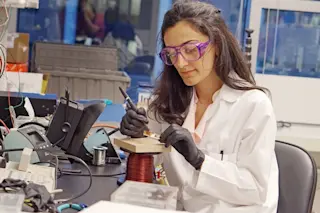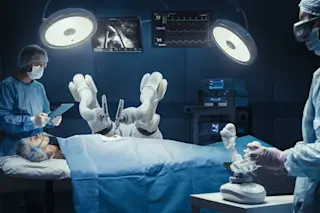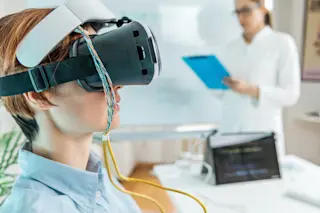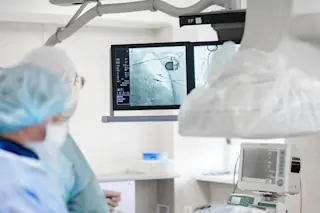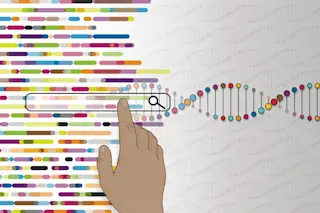Can we improve medical devices by designing them to translate the language of the body? Materials scientist Canan Dagdeviren, who just launched a new research group at MIT, thinks so. Ever since she was a child growing up in Turkey, she’s turned tragedy and loss into research that speaks to hope.
Her inventions suggest that scientists can harvest electricity from the movements of our organs, pick up the first hints of disease from subtle changes in physiological patterns, or track changes wrought on the brain from neurodegenerative conditions.
When Canan (pronounced JAH-naan) was a child in the early 1990s, she learned that her grandfather had died of heart failure at just 28 years old. She promised to herself to do something, anything, to tackle the condition that struck her grandfather.
Decades later in early 2014, as part of her doctoral research at the University of Illinois at Urbana-Champaign, she and ...


